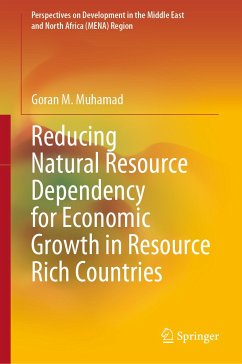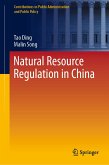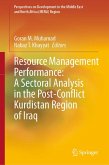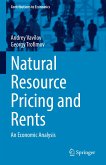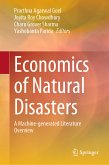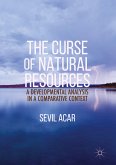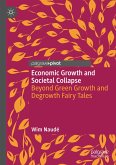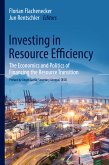This book studies the interaction between private and public sector development with dependency on natural resources, specifically exploring whether the two diversified factors lead to a decrease in the degree of dependency, which is important for economic growth and to overcome the "resource curse". Economic diversification is viewed as a long-term solution to the high economic dependency from natural resources. Private sector development and public sector reforms may lead to this diversification.
The analysis of the book helps to shed light on private sector development, public services sector privatization, and a taxation system to diversify sources of income, with the objective to reduce dependency on natural resources extraction.
This book is an invaluable read for public policymakers, the public and private sectors, law makers, and scholars of developmental studies.
Dieser Download kann aus rechtlichen Gründen nur mit Rechnungsadresse in A, B, BG, CY, CZ, D, DK, EW, E, FIN, F, GR, HR, H, IRL, I, LT, L, LR, M, NL, PL, P, R, S, SLO, SK ausgeliefert werden.

